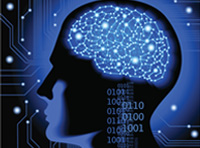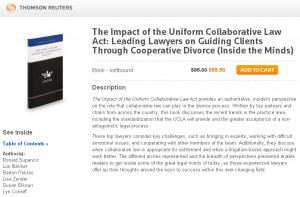Menu
The Neuroscience of Your Divorce
Becker Legal, P.C. helps you understand the impact of divorce and separation on you and your family, so you can make better decisions.
Did You Know?
- Your body goes into primal fight or flight mode during prolonged trauma (e.g. divorce), making it more difficult to focus and make decisions
- Studies suggest people who experience significant rejection by a spouse or partner (e.g. starting a divorce) drop as many as 30 IQ points as a result of reverting to a primal fight or flight state due to the trauma of divorce
- Divorce is grieved in the same way as death—in 7 stages, which can all intermingle in any number of ways: shock or disbelief, denial, anger, bargaining, guilt, depression, and acceptance or hope. People often progress through these stages differently than their spouse or partner, making it difficult to negotiate and find common ground.
It can be helpful for many people to know they are not alone. The bullets above are just the tip of the iceberg when it comes to processing the internal reactions people experience during the trauma of divorce. Even those who are initiating the divorce experience these emotional and neurological responses, though often at a different pace and intensity than their partner. This incongruence in processing between the spouses or partners adds to the difficulty of successful negotiation.
Minimizing Divorce Stress Through Appropriate Dispute Resolutions
The divorce process, particularly in a litigation setting, expects people to make rational decisions with long-lasting implications at one of the most emotionally confusing times in their lives. Yet these emotional decisions cannot be made emotionally if the family is to emerge from the divorce with minimal damage.
This is one of the many reasons Alternative (we prefer to call it Appropriate) Dispute Resolution, such as the Collaborative Process can be so helpful: the parties are given time to slow down and the professionals they work with can help them consider and address their emotions and the whole body’s reaction to the divorce.
As business philosopher Peter Drucker pointed out: “When a change in perception takes place, the facts do not change. Their meaning does.” Couples at the crossroads of divorce often have a history of maladaptive behaviors which have become routine, mapped into the subconscious reactions of the brain. With the help of trained professionals, parties can cultivate awareness of these behaviors, allowing for a “systematic abandonment” of their negative “default positions,” and creating opportunity for more productive efforts and behaviors moving forward.[1]
Explore the resources below to better understand the neuroscience of divorce:

Setting the Stage For Your Divorce: The Neuroscience of Divorce
[1] Jeremy Hunter, Ph.D., J. Scott Scherer, “Knowledge Worker Productivity and The Practice of Self-Management,” in The Drucker Difference: What the World’s Greatest Management Thinker Means to Today’s Business Leaders, ed. Criag L. Pearce, Joeseph A. Maciariello, Hideki Yamawaki (McGraw-Hill, 2009).











 Lori D. Becker is featured on Super Lawyers.
Lori D. Becker is featured on Super Lawyers.